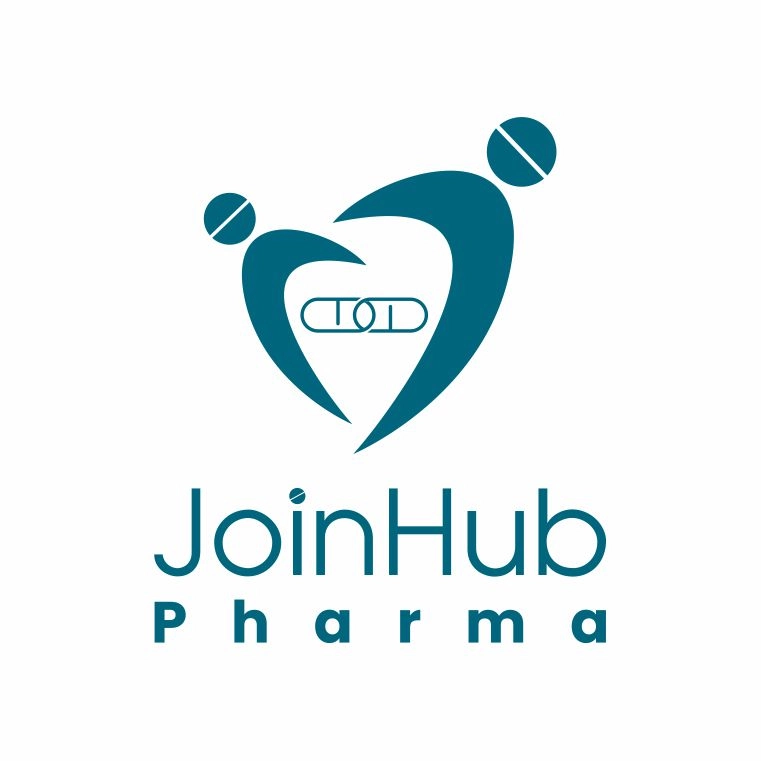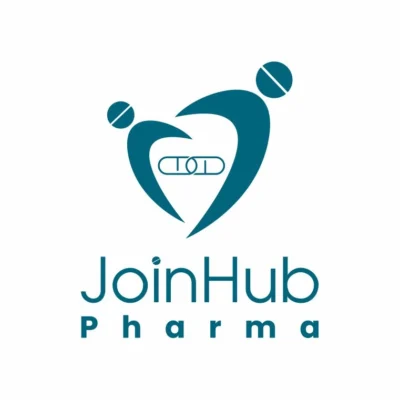Ctd is used alone or together with other medicines to treat high blood pressure (hypertension). High blood pressure adds to the workload of the heart and arteries. If it continues for a long time, the heart and arteries may not function properly. This can damage the blood vessels of the brain, heart, and kidneys, resulting in a stroke, heart failure, or kidney failure. High blood pressure may also increase the risk of heart attacks. These problems may be less likely to occur if blood pressure is controlled.
Ctd is also used to treat fluid retention (edema) that is caused by congestive heart failure, severe liver disease (cirrhosis), kidney disease, or treatment with a hormone or steroid medicine.
Ctd is a diuretic (water pill). It reduces the amount of water in the body by increasing the flow of urine, which helps to lower blood pressure.
Prescription: Yes
Warnings: CTD-6.25 Tablet 15's should not be given to the people allergic to CTD-6.25 Tablet 15's, have low blood pressure (less than 90 mm of Hg), have had a heart attack, kidney disease, liver disease, gout (high uric acid), high cholesterol (hyperlipidemia), pregnant women, or planning to get pregnant and breastfeeding women. Besides this, it is contraindicated in people with cardiogenic shock (sudden stopping of blood flow to the heart), and aortic stenosis (heart valve problem). CTD-6.25 Tablet 15's can pass into breast milk, but its effect on the baby is not known. So, it is better to tell your doctor if you are taking CTD-6.25 Tablet 15's and breastfeeding. Tell your doctor if you are on low sodium (table salt) diet. Cases of electrolyte imbalance have been observed (like low levels of sodium, potassium, or magnesium in your blood). So your doctor might advise monitoring blood pressure, kidney function test, and electrolytes.
Medicine Interaction: CTD-6.25 Tablet 15's may interact with other high blood pressure-lowering pills (metoprolol, ramipril, hydrochlorothiazide, atorvastatin), and can lower your blood pressure leading to severe condition. Besides this, it also interacts with medicine to treat erectile dysfunction (sildenafil), anti-epilepsy medicines (carbamazepine, phenobarbital), immune-suppressing drugs (cyclosporine), and painkillers (ibuprofen, aspirin) etc. If you are taking any of the above, speak with your doctor.
Drug Schedule: Schedule G Prescription Drug
Side Effects: Along with its needed effects, a medicine may cause some unwanted effects. Although not all of these side effects may occur, if they do occur they may need medical attention.
Check with your doctor immediately if any of the following side effects occur:
Incidence not known,
Abdominal or stomach pain,
black, tarry stools,
bleeding gums,
blistering, peeling, or loosening of skin,
bloating,
blood in urine or stools,
blurred vision,
burning, crawling, itching, numbness, prickling, "pins and needles", or tingling feelings,
chest pain,
chills,
clay-colored stools,
cold sweats,
confusion,
constipation,
cough or hoarseness,
coughing up blood,
darkened urine,
diarrhea,
dizziness, faintness, or lightheadedness when getting up from a lying or sitting position suddenly,
dry mouth,
fast heartbeat,
fatigue,
fever,
flushed, dry skin,
fruit-like breath odor,
general feeling of tiredness or weakness,
headache,
increased hunger,
increased thirst,
increased urination,
indigestion,
itching,
joint pain, stiffness, or swelling,
loss of appetite,
lower back or side pain,
Nausea,
pain in joints or muscles,
painful or difficult urination,
pains in stomach, side, or abdomen, possibly radiating to the back,
pinpoint red spots on skin,
red irritated eyes,
red skin lesions, often with a purple center,
redness, soreness or itching skin,
shortness of breath,
skin rash,
sore throat,
sores, ulcers, or white spots on lips or in mouth,
sores, welting, or blisters,
sugar in the urine,
sweating,
swelling of feet or lower legs,
swollen glands,
tightness in chest,
troubled breathing,
unpleasant breath odor,
unusual bleeding or bruising,
unusual tiredness or weakness,
unusual weight loss,
vomiting,
vomiting of blood,
weight loss,
wheezing,
yellow eyes or skin.
Some side effects may occur that usually do not need medical attention. These side effects may go away during treatment as your body adjusts to the medicine. Also, your health care professional may be able to tell you about ways to prevent or reduce some of these side effects. Check with your health care professional if any of the following side effects continue or are bothersome or if you have any questions about them:
Incidence not known,
Cramping,
decreased interest in sexual intercourse,
difficulty having a bowel movement (stool),
feeling of constant movement of self or surroundings,
hives,
inability to have or keep an erection,
increased sensitivity of skin to sunlight,
loss in sexual ability, desire, drive, or performance,
muscle spasm,
redness or other discoloration of skin,
restlessness,
sensation of spinning,
severe sunburn,
weakness.
How to Store it: Store in a dry place. Protect from light and moisture.
Over Dose: Store in a dry place. Protect from light and moisture.
Precautions: Store in a dry place. Protect from light and moisture.
Missed Dose: Store in a dry place. Protect from light and moisture.


